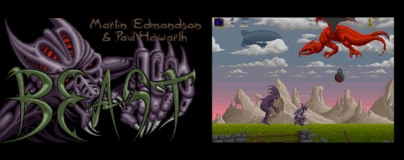Chris Nuttall at the FT wrote an interesting piece the other day, looking at a number of 3D technologies that are being shown at this year’s CES.
Further indication that 2009 is set to be the year of 3D comes via Contagious today – Pepsi and DreamWorks have collaborated on a 3D advert, to be aired during the infamous SuperBowl ad-breaks.
They’re distributing 125million free 3D spectacles so the yanks can enjoy the ad, which in a nod to collaborative money- saving will also feature a trailer for a new DreamWorks movie.
James Cameron has been talking about 3D movies as a solution to attract audiences to flagging cinemas for seemingly years now, though early trials left audiences feeling nauseous, I believe. Last year I was lucky enough to attend a screening of U2 in 3D at the Imax. The 3D experience was effective, stunning, awe-inspring; however, I’m yet to be convinced that it is anything other than novelty. I can’t help but think that the ‘awe-inspring’ effect distances a cinema audience – as the artifice of the movie is heightened – rather than fully immersing the spectator within the action and emotion of the movie.
Hopefully I’ll be proved wrong. It would seem that 3D TV for the home and mobile is gaining pace (Chris includes an interesting stat in his article following Quixel research into consumer demand for 3D), and the allure of 3D gaming should be obvious to even the most devout non-gamers.
It certainly will be interesting to see how the 3D story evolves this year.
*digs out retro red and green specs*

